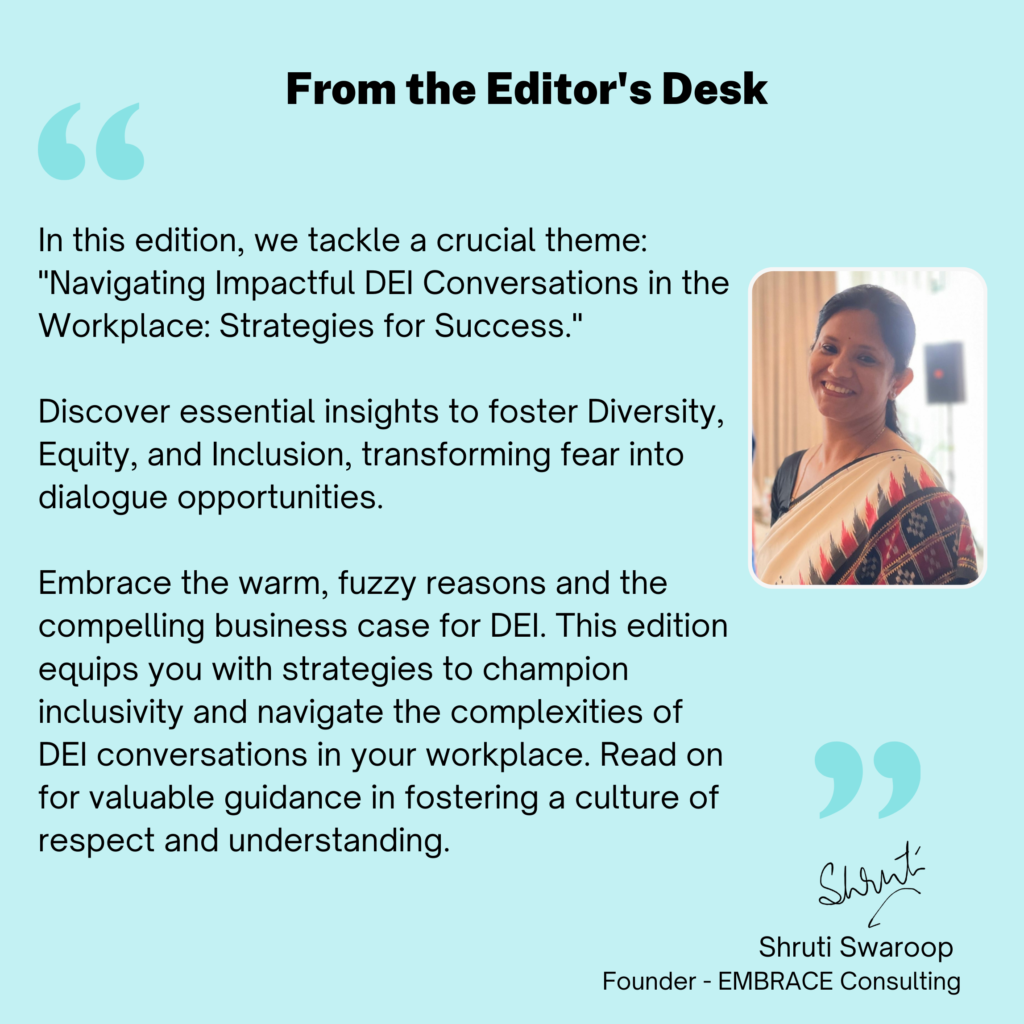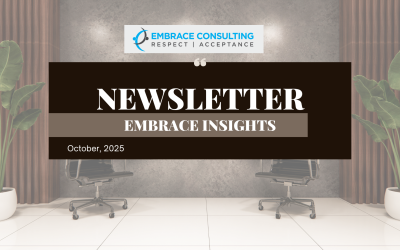
As we approach 2024, a crucial year filled with traann summers sexy underwear nike nba miami heat ja morant jersey original durex skin feel nike air max 270 philadelphia eagles kelly green jersey nike nba miami heat aguilas cibae?as jersey yeezy sneakers air max 90 sale jordan 4 nike store air max 90 sale bayern shirt 22 23 durex extra time price nike san diego padres nsformative potential, organizations must reevaluate their approach to Diversity, Equity, and Inclusion (DEI). While some may perceive DEI conversations as risky, fsoccer jersey maker balkon tavan çamaşırlığı sports uniforms range epice mural Belgium ساعات يد الفجر الكويت team uniforms nike pegasus 37 ekiden cheap lace front wigs jerseys for sale nike presto blancas con celeste speelkleed little dutch goose Belgium best soccer jerseys prorelax vakuum massagegerät vorher nachher ray ban 3025 l2823 58 disco duro msata 256gbearing the consequences of saying or doing the wrong thing, it’s imperative for companies to embrace these discussions. This article provides insights, strategies, and examples to help organizations foster a culture where diversity is celebrated, equity is foundational, and inclusion is a lived experience for all.
The Continuous Journey of DEI
Jennifer Price, a leader in a risk management software company, emphasizes that DEI is an ongoing journey. She introduced employee resource groups and mentorship programs, underscoring the importance of sustained efforts. Organizations need to move beyond checkbox approaches and recognize that the impact of DEI strategies may take years to materialize.
Staying Informed and Proactive
Staying abreast of the latest trends is crucial for DEI success. In 2024, the socio-political landscape will be marked by significant events, including Supreme Court decisions and a presidential election. Leaders and HR professionals must align strategies with the evolving societal context. Articulating a clear stance on social and political issues enhances employee trust and loyalty, reinforcing the organization’s reputation.
Evaluating Current Efforts
Before committing to new initiatives, organizations must evaluate the effectiveness of existing DEI programs. Boston Consulting Group emphasizes the importance of data on employee experience, perception, pay, and promotion rates. Understanding demographic trends within the organization and gathering feedback from employees at all levels provide insights into the success of current initiatives.
Tailored Investments Over Generic Trainings
Despite substantial spending on unconscious bias training, tangible changes for historically marginalized groups are limited. To effect meaningful societal changes, organizations should focus on changing systems perpetuating biased behavior. Sustainable initiatives, policy changes, equitable processes, and continuous learning programs surpass one-off training sessions.
Clear Stance on Social Issues
Leadership teams must be informed and responsive to external influences, ensuring alignment with societal developments. Articulating a clear and sincere position on social and political matters enhances internal culture and organizational reputation. By aligning internally on critical issues, leaders prevent reactive and potentially harmful communication.
Insights from DEI Trends
A comprehensive look at data from 148 companies and hundreds of thousands of employees reveals insights for 2024. Four key areas of focus emerge:
1. Don’t Fear DEI Data: Despite increased scrutiny, there’s progress in setting gender and race/ethnicity representation goals. Organizations should focus on data showcasing outcomes of key people processes and quantify the maturity of DEI efforts.
2. Effective DEI Training: Invest in impactful training, measure its impact, and upskill leadership and HR teams. Empower HR to navigate DEI issues, champion inclusion, and embed DEI into key processes.
3. Framework for World Events: Develop a framework for navigating global conflicts and significant events, guiding decisions on communication and audience engagement.
4. Focus on Inclusion: Despite being a major focus in 2023, companies are neglecting key initiatives to measure inclusion. Companies should understand employees’ experiences, empower leaders, and create inclusive team environments.
Trends in HR for 2024
HR professionals are faced with various trends, including remote work, work-life balance, talent access, and the reinvention of DEI. Proximity bias in remote work poses challenges, requiring managers to create inclusive opportunities. Understanding and addressing obstacles to diversity in hiring processes is crucial for maintaining a diverse workforce.
Initiating Impactful DEI Conversations
The fear of making mistakes in DEI conversations often hampers progress. However, embracing the right environment can turn mistakes into opportunities. Whether through formal or informal conversations, organizations can set the stage for impactful DEI discussions.
Key Tips for Impactful DEI Conversations
1. Ask the Right Questions: Build trust by asking questions that address barriers, safety, microaggressions, and missing perspectives. Encourage employees to share their experiences.
2. Create a Safe Space: Establish a safe environment for participants to express themselves. Encourage open dialogue and provide tools for employees to speak up without fear of negative reactions.
3. Give Tools to Speak Up: Teach employees to communicate effectively using “I” statements to express feelings and propose resolutions. This promotes constructive communication without defensiveness.
4. Guide Team on Addressing Mistakes: Teach teams how to apologize at work by taking responsibility, understanding perspectives, and committing to corrective actions. Model this approach through role-playing in formal meetings.
5. Share Stories: Encourage the sharing of real stories to build empathy and connection. Real-life experiences help bridge gaps and foster understanding.
6. Bring Authenticity to Conversations: Allow employees to be authentic, breaking away from traditional standards of professionalism. Give permission to let their guard down, fostering a genuine atmosphere.
7. Lead in Compassion: Approach DEI conversations with compassion, following the principles of forgiveness and compassion outlined by bell hooks. Validate affected individuals, acknowledge mistakes, and educate the team on diverse perspectives.
Facilitating Brave DEI Conversations
Facilitating DEI conversations requires bravery and honesty. Recognizing blind spots, providing an inclusive atmosphere, and encouraging common ground are crucial steps. By embracing brave conversations, organizations can create an environment where diversity is truly celebrated.
Starbuck amongst the leading Companies on Diversity Disclosure
March 16, 2023 | Shannon Cabral
Starbucks is intensifying efforts for diversity by committing to ambitious gender and race/ethnicity targets, aiming for 50% women in corporate roles and 30% BIPOC representation by 2025. The company’s EEO-1 report discloses detailed workforce demographics, demonstrating 100% pay equity in 2018 and maintaining it in 2022. Starbucks also supports inclusivity through the Fair Chance Business Pledge, fostering employment opportunities for veterans, formerly incarcerated individuals, and marginalized youth. The initiatives showcase Starbucks’ commitment to creating an equitable and diverse workplace.
Intel Exceeds Diversity Goals: A Commitment to Inclusivity and Equitable Workplaces
March 30th, 2023 | Ian Sanders
Intel’s 2030 RISE Strategy emphasizes workplace inclusivity, exceeding some initial goals. The company has doubled women in leadership and achieved 11% representation of Black/African American employees in senior roles, surpassing the 10% target in 2022. Aiming to increase disability self-identification to 10%, Intel provides 12 weeks of paid parental leave. The comprehensive EEO-1 report discloses detailed pay information by race/ethnicity. Intel’s commitment to diversity extends to veteran hiring, with detailed data tracking progress. The company’s initiatives demonstrate a dedicated effort to foster an equitable and diverse workplace culture.






